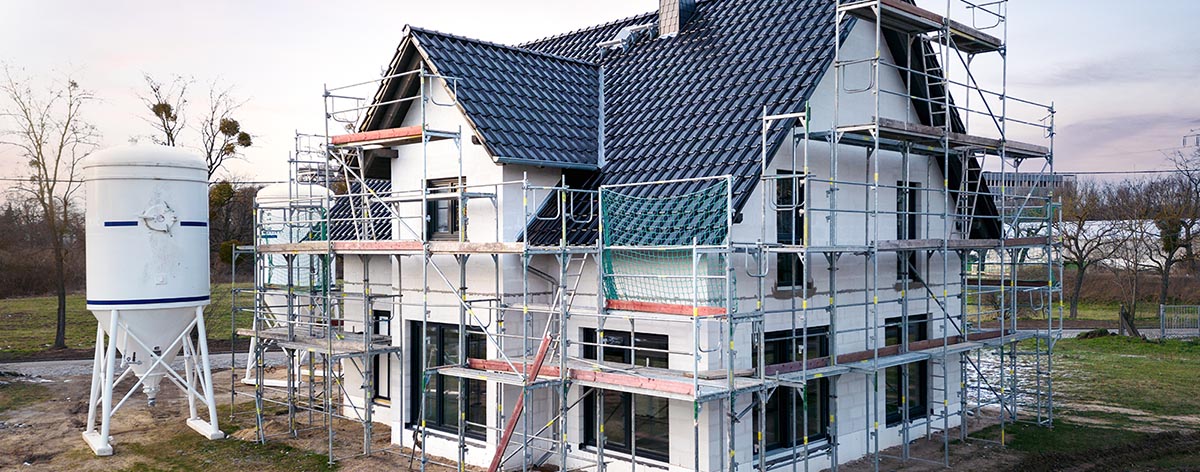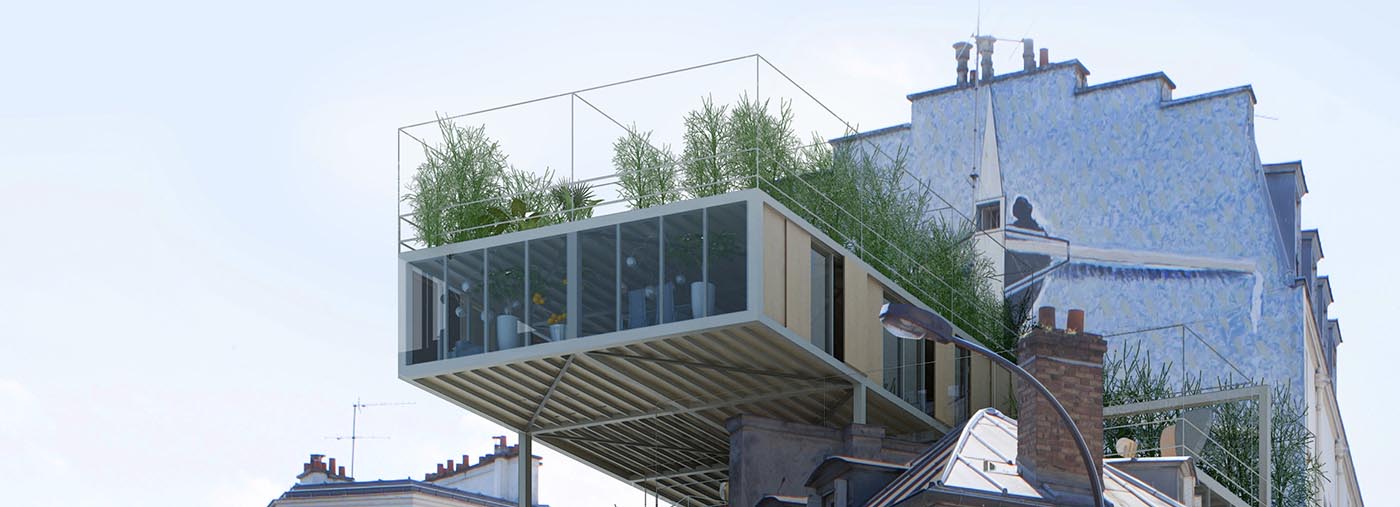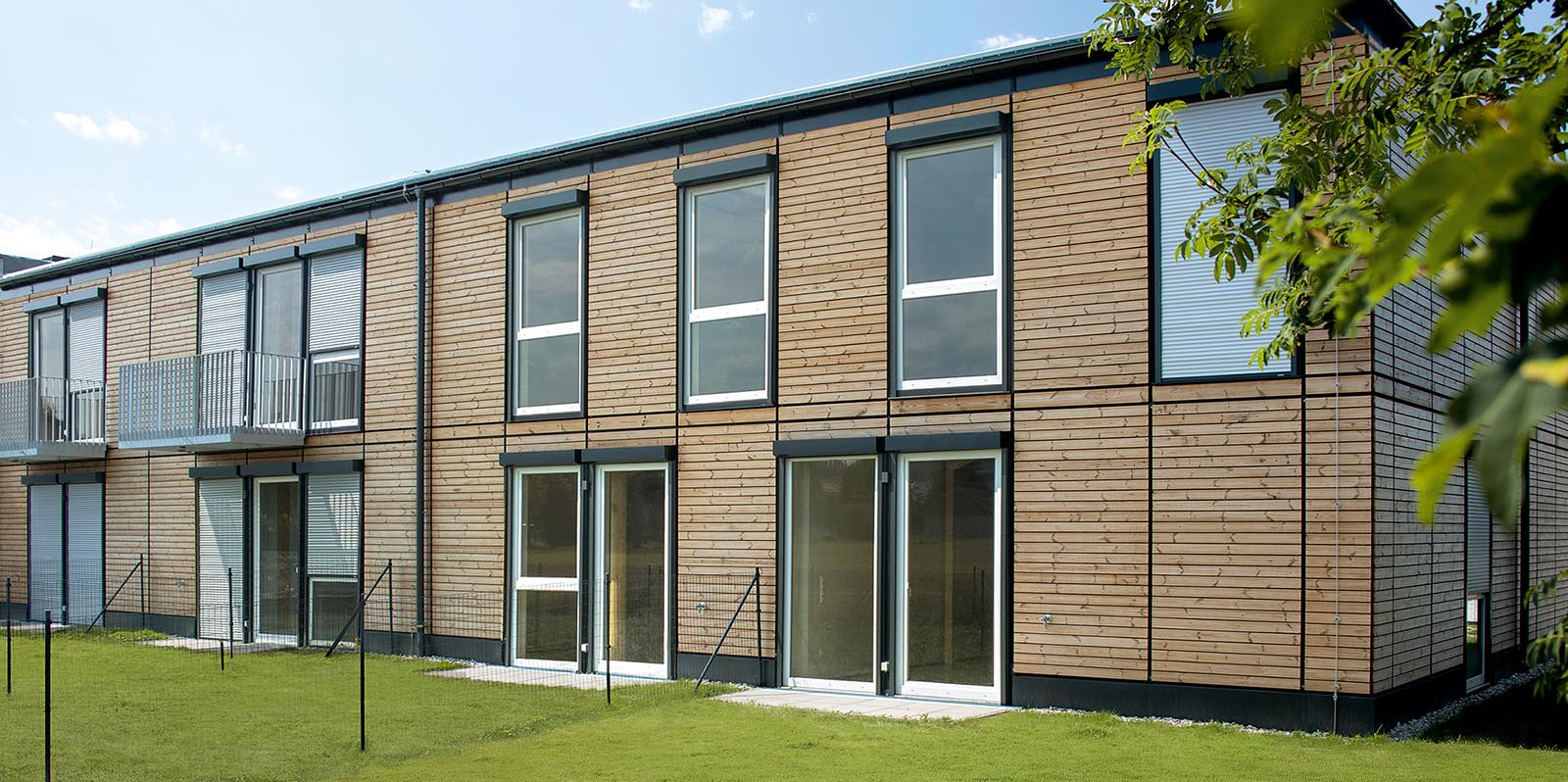The mining company Rio Tinto was granted a license by Serbia to mine lithium – an important material for the energy transition. At the same time, the EU secured these lithium deposits in a “historic pact”. We explain the background.
With the re-election of Ursula von der Leyen as Commission President, one thing became clear: the EU will stick to the Green Deal. This is because von der Leyen received the necessary votes from the Greens, who made their support dependent on adherence to the Green Deal. This means that the course of reducing greenhouse gas emissions by at least 90 percent by 2040 will be maintained.
But it is not just Europe; the global energy system is fundamentally in the midst of a transformation towards clean energy. This requires the use of new technologies based on raw materials such as copper, lithium, nickel, cobalt and rare earths. Securing the supply of these essential materials is therefore urgently needed. The deal with Serbia is now an essential step for Europe in this direction. There is strong opposition, as the mining of this light metal has a negative impact on the environment, agriculture and water reservoirs.
Why we are dealing with this:
- Car manufacturers need more and more lithium for the transition from combustion engines to electric cars. The memorandum to mine the coveted light metal is an important step towards reducing European companies’ dependence on China for this valuable material. The Serbian mine could cover nine tenths of Europe’s current demand.
- The mining project in the Jadar Valley is worth several billion: located in western Serbia, it is home to the largest lithium treasure in Europe. To enable mining, the Serbian leadership lifted a ban on lithium mining after a court declared it unconstitutional. It had been imposed in 2022 following mass protests against the mine and removed the basis for the mining project.
- The renewed mining permit and the agreement with the EU were accompanied by serious protests: In addition to corruption and the question of who will ultimately benefit from the billions in revenue, there are fears of catastrophic consequences for the environment.
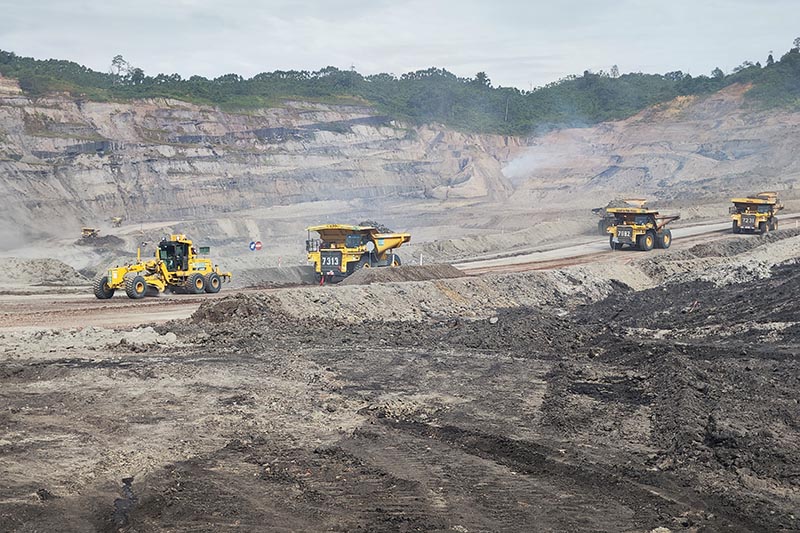
Energy transition needs raw materials
Europe needs a wide variety of metals for the expansion and construction of wind farms, solar plants, storage facilities and smart grids. An electric car requires six times more minerals than a conventional car, an onshore wind turbine nine times more minerals than a gas-fired power plant. These critical raw materials include rare earths, germanium, platinum, indium, cobalt – and lithium. Although there are enough rare earths and metals worldwide, they are unevenly distributed. International trade in these raw materials is essential to meet the demand for raw materials that are not available domestically. Lithium is the lightest metal and an important charge carrier in batteries and accumulators for smartphones and electric cars. If the share of renewable energies increases, the demand for these minerals will also rise. As a result, the energy sector is becoming an increasingly important factor in international commodity trading worldwide.
The challenge: industries need secure access to these essential raw materials – despite the global increase in trade barriers and protectionist measures. The energy and supply security of countries is inextricably linked to this. According to the Sustainable Development Scenario (SDS) of the International Energy Agency (IEA), the demand for minerals for use in electric vehicles and battery storage systems will increase at least thirty-fold by 2040. The fastest growth here is in lithium, demand for which, according to this scenario, will increase more than forty-fold by 2040, followed by graphite, cobalt and nickel (around 20 to 25 times). The expansion of the electricity grids means that the demand for copper for power lines will more than double in the same period.
With the mining permit granted to Rio Tinto for the Serbian lithium deposit, the EU appears to have succeeded in doing so, at least for this important raw material. According to the IEA, the production of lithium chemicals is heavily concentrated in just a few regions: China accounts for 60% of global production, and over 80% for lithium hydroxide. The Serbian mine could therefore also reduce many dependencies on other countries.
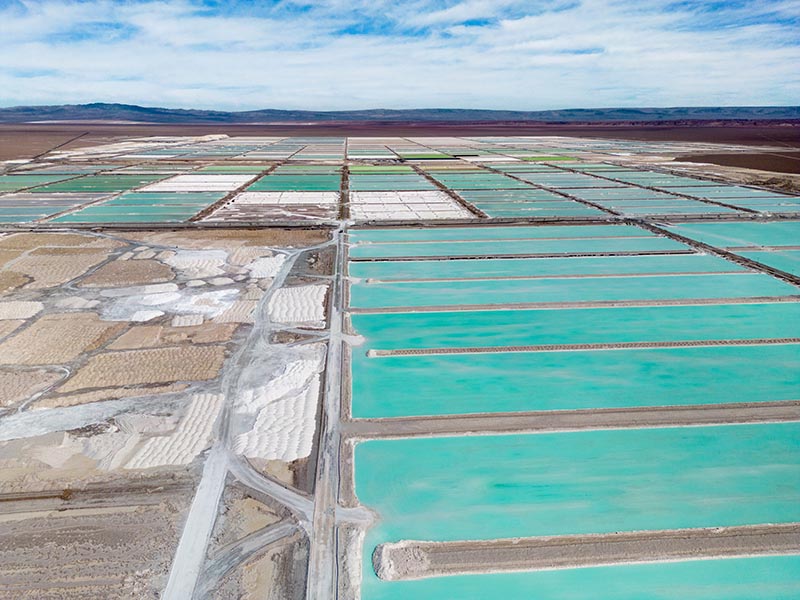
Green Deal vs. environmental destruction
The silvery-white light metal usually only occurs in very low concentrations in nature. Depending on how high the environmental requirements are for the mining company, mining becomes more expensive – and the raw material becomes more expensive. Raw materials are having an ever greater impact on the cost structures of products: In the case of lithium-ion batteries, for example, technological learning processes and savings through economies of scale have reduced overall costs by 90% in the last ten years. However, this also means that raw material costs now play a greater role and account for around 50-70% of total battery costs, for example.
According to calculations by the IEA, a doubling of lithium or nickel prices leads to a 6% increase in battery costs. If lithium and nickel prices were to double at the same time, this would offset all expected unit cost reductions in connection with a doubling of battery production capacity.
On the other hand, environmental regulations are unavoidable: lithium is washed out of the ground with devastating consequences for water and nature. The water then evaporates, releasing harmful vapors. The Jadal Valley is considered particularly fertile and over 15,000 local farms could be affected by this mine. The fear is that mining could contaminate the water and soil and make the region infertile.
According to environmental activists, there are already problems with the water supply in 40% of Serbia’s territory. There are now fears that the mine will further worsen the situation. Furthermore, according to media reports, the mining company is said to have exerted pressure on local residents and threatened them with expropriation so that they would sell their land. Over the past 15 years, the Group has already invested over 200 million US dollars in exploration and land.
More about the International Energy Agency
“Raw materials for the energy transition” of the German academy project “Energy Systems of the Future ”
Author: Anja Herberth
Chefredakteurin





